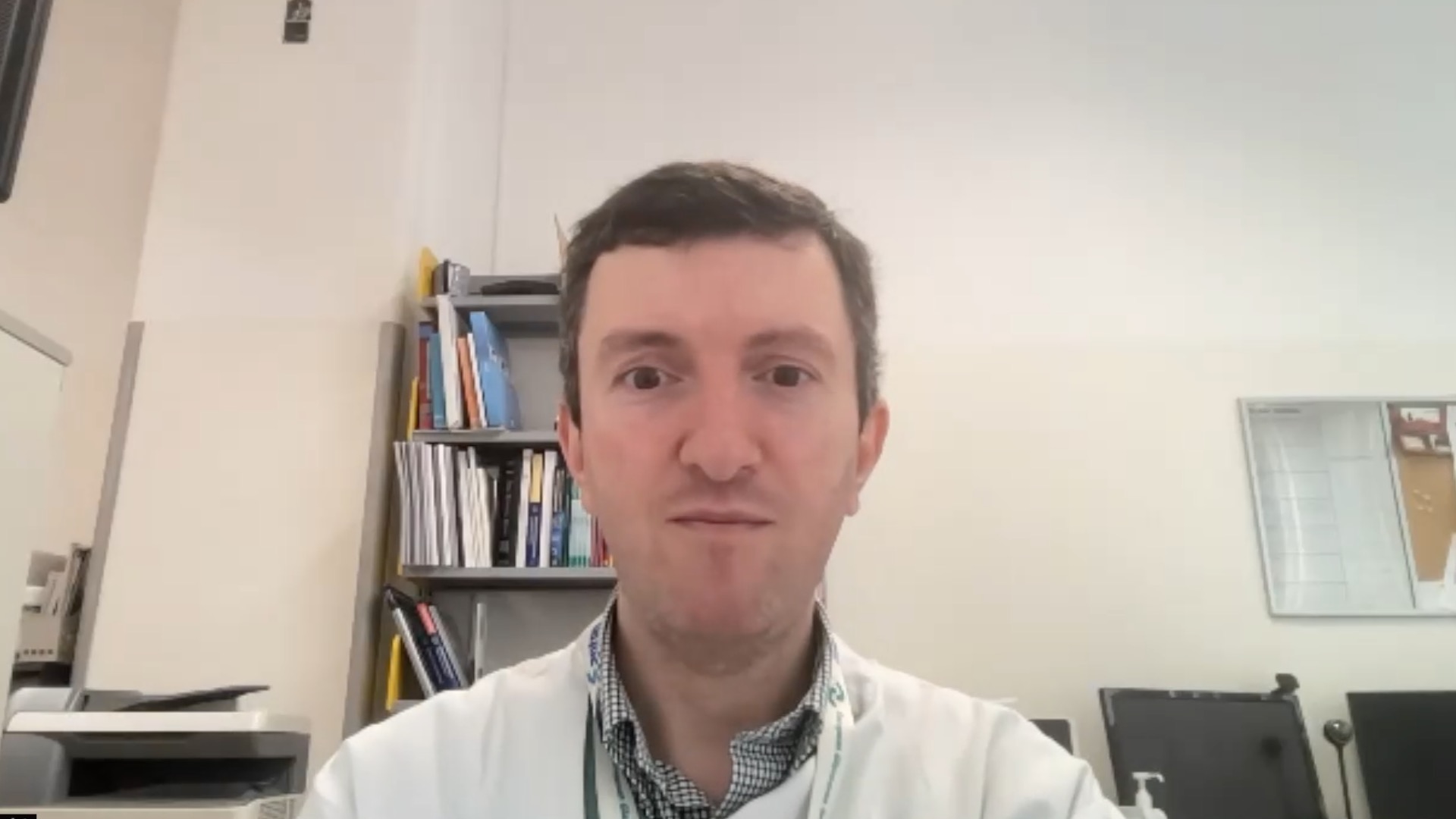Ticiana De Francesco, AGS 2023: Minimally invasive glaucoma surgery (MiGS) devices in glaucoma management
Minimally invasive glaucoma surgery (MiGS) devices have revolutionised in glaucoma management, achieving reliable IOP reduction with a favorable safety profile and quick postoperative recovery. It was a pleasure to speak with Dr Ticiana De Francesco (Hospital de Olhos Leiria de Andrade (HOLA) Fortaleza, Brazil) to find out her thoughts in the current status of minimally invasive glaucoma surgery (MiGS) and the factors that should be considered when choosing a MiGS device.
The presentation entitled ‘Corneal Endothelial Safety Profile of Three Different Minimally Invasive Glaucoma Surgery Stents’ was presented at the 2023 American Glaucoma Society Annual Meeting, March 02-05, 2023
Questions:
- Could you give us a brief overview of the current status of minimally invasive glaucoma surgery (MiGS) devices in glaucoma management? (0:29)
- What factors should be considered when choosing a MiGS device? (1:31)
Disclosures: Ticiana De Francesco is a consultant for Abbvie, Elios, Glaukos, Iantrek, Myra Vision, Nova Eye Medical, Via Lase and Zeiss.
Support: Interview and filming supported by Touch Medical Media Ltd. Interview conducted by Shanice Allen.
Filmed in coverage of the virtual AGS 2023.
Click here for more content with Dr Ticiana De Francesco.
Transcript
Hello I’m Ticiana De Francesco, I’m a Glaucoma specialist. I’m currently doing a PhD on glaucoma surgical outcomes. I work in Brazil in teaching in the private clinic, and I also have an adjunct position at John Moran Eye Center at the University of Utah and I’m really happy to be here today.
Could you give us a brief overview of the current status of microinvasive glaucoma surgery (MiGS) devices in glaucoma management? (0:29)
Over the past years, what we’ve seen a change in the glaucoma surgical treatment. So the favourable safety profile of the MiGS device allow us to treat the patients early in the disease. So in the past, we used to wait for the patients to progress and the disease to advance to treat the patients surgically. But right now what we’re doing is we like to use the term interventional glaucoma, so we like to intervene earlier. Of course, it’s safer and avoids the disease progression provided the glaucoma gets worse. And also it’s important for the doctor to the glaucoma specialist to assume a proactive position rather than reactive. So we don’t want to wait for the patients to progress we’re going to intervene before the patient progresses and avoid the worsening of the disease.
What factors should be considered when choosing a MiGS device? (1:31)
I would say effectiveness for sure would be my main concern as a glaucoma specialist if I’m indicating glaucoma surgery to my patient, I do want to have reasonable IOP reduction. But for example, safety is also another important outcome. I want to choose the MiGS device that is going to cause less trouble to my patient and that is going to be safer. When we evaluate safety, we need to evaluate in a long term effect. So that’s why we need studies to evaluate the long term outcome of the MiGS. Also when it comes to outcomes in MiGS, it’s important that we evaluate beyond the IOP benefits. We also want the surgery to reduce the number of glaucoma medications, to provide a good quality of life, a better quality of life to our glaucoma patients. Also, we have studies already showing that some MiGS procedures can preserve the visual field better than if you compare it with cataract surgery standalone so we have to look in the whole scenario and not just the IOP, even though IOP is one of the most important factors.
Subtitles and transcript were auto-generated.






